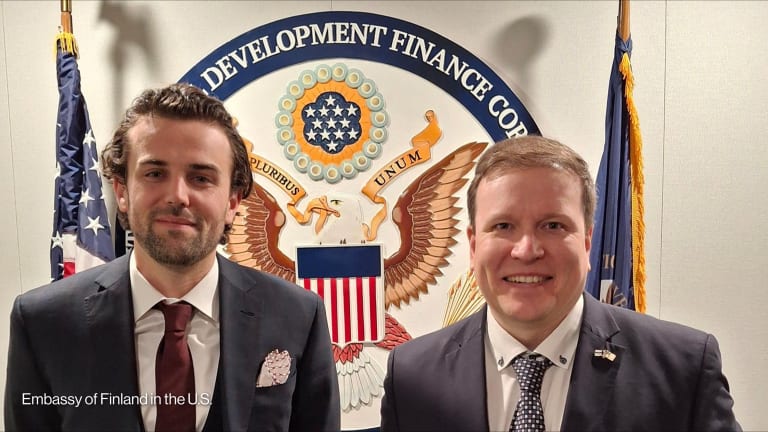As a lead project manager of the gender in emergencies team at CARE International, the scope of Tamara Jurberg’s role focuses on supporting women-led organizations, WLOs, in their leadership and participation in humanitarian coordination mechanisms. Her work has also extended beyond gender-based violence in emergency settings to include broader humanitarian spaces, she explained.
Central to her team's work is the Equal Partnership Approach, which Jurberg explained “seeks to transition away from a model in which WLOs were viewed as implementing partners, breaking down traditional program hierarchies to foster equal partnerships between CARE and WLOs.”
Despite listing many accomplishments, “there is still much work to be done,” said Jurberg, particularly the limited access of WLOs to decision-making spaces and funding opportunities. With this in mind, she said that professionals aspiring to work in this space will need a blend of patience and persistence, acknowledging that tangible outcomes are not always immediate.








